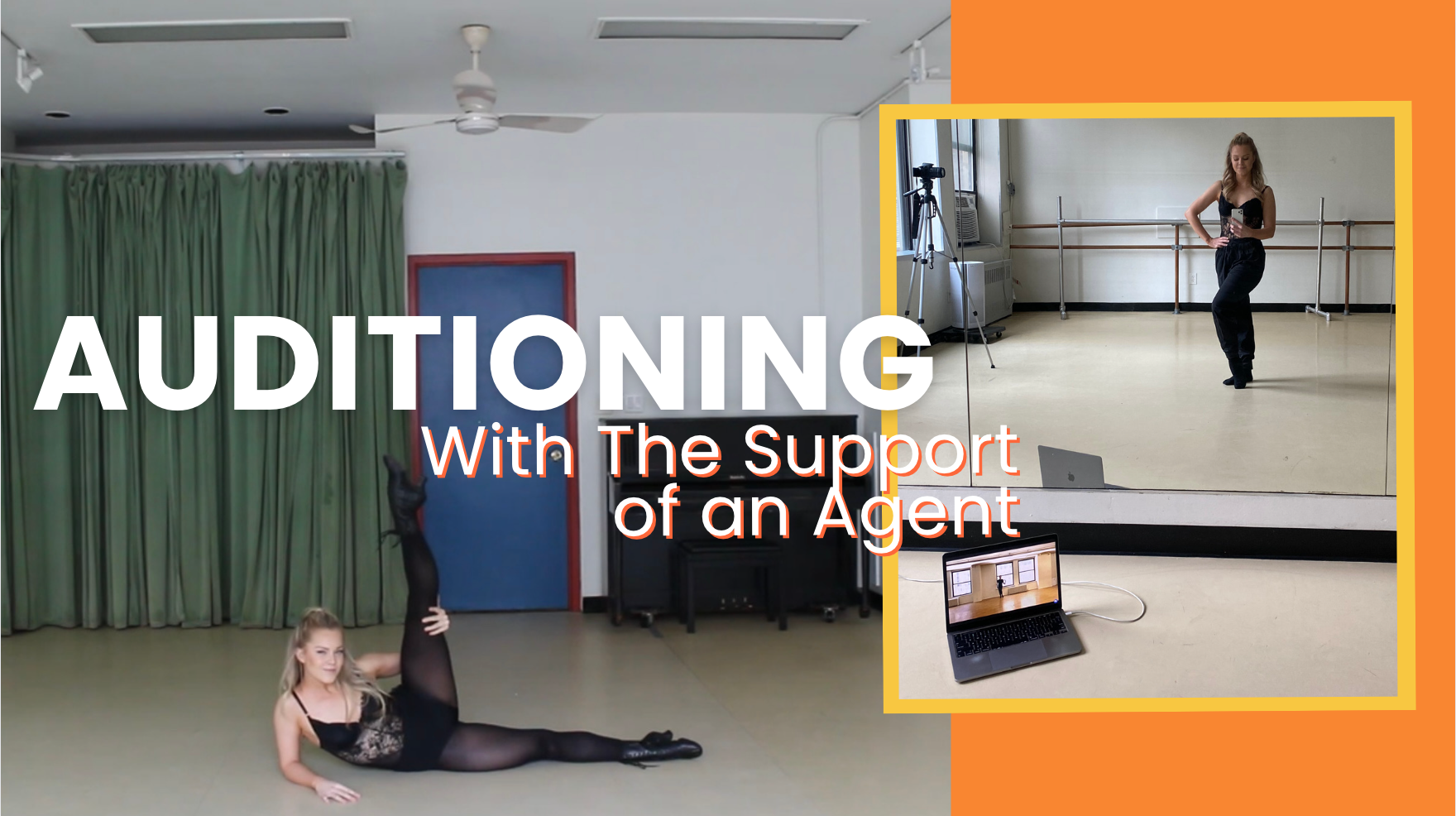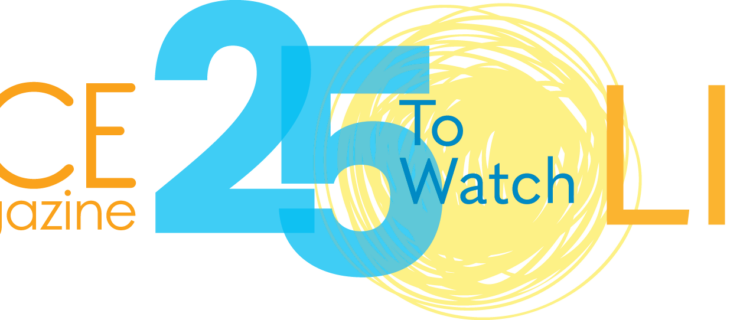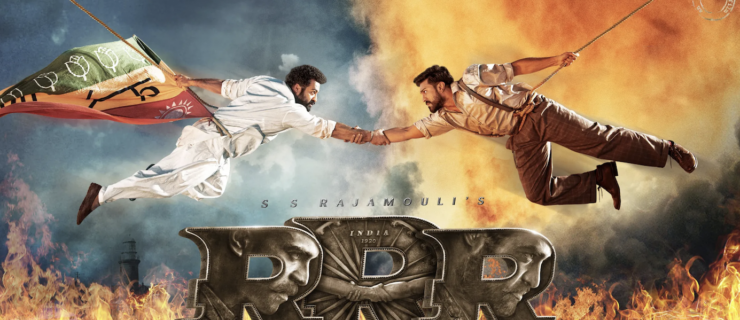Begin Again: Auditioning With The Support of an Agent
It happened! I finally had my first in-person audition appointment attained through the support of my agent, Lucille DiCampli, of LDC Artist Representation. I’d heard stories of what this part of the dance journey could be like, but nearly 10 years of health setbacks kept me from experiencing it myself. Yet there I stood in Pearl Studios, dancing with 20 other women—so few we didn’t even have to wear numbers. I kicked, turned and grooved my way through combinations with confidence. I was finally in front of real-life human casting directors, making eye contact and responding to the energy of the space. With each smile or nod from the front of the room, my heart soared a little bit more. And as I made it through the various audition cuts, my nerves began melting to a mere flutter. My agency’s (literal) stamp of approval could be found at the top of my resumé, and I believed in my capacity to succeed. All that was left to do was enjoy the ride.
I got the validation of a callback and, though it ultimately wasn’t the right fit, I was introduced to important people in the industry. Last year I wrote about what it’s like to audition without the support of an agent. Today, I’m grateful to instead share a glimpse of what it looks like to audition with my team behind me, and to share my agent Lucille’s advice on what dancers can do to best support their agents.
What My Life Looks Like With an Agent
Despite the triumph of a few in-person auditions, I should note that in many ways life with an agent is similar to life without one. I still scan audition listings, hoping to see something that’s a good fit. Only now my agent takes care of those initial submissions for me. And, like before, most of the auditions Lucille has sent my way have asked for self-tapes. Only now I submit them with more confidence that they might actually be seen. It’s also a relief to know that when industry questions arise, my point of contact is Lucille.
It’s still a slow burn. It’s a challenging time in the industry, made even harder by being new to the scene, but in so many ways Lucille has made this time significantly more pleasant. I’m so grateful!
My Q&A With Lucille DiCampli on Agency Best Practices
Is there anything dancers should keep in mind when they first start working with an agent?
Remember your agent signed you because they believe in your skills and ability to succeed. Sometimes dancers feel like their agent doesn’t like them or isn’t sending them out enough. But the truth is you never really know how much your agent is pushing for you. There is no point in us reading breakdowns and not submitting. It might take six weeks, it might take six months, but we are going to submit, submit, submit, and push, push, push. Then something will kick off for you, and you’ll see that it will usually stay that way. But in the meantime, keep in mind that we have had an unprecedented last few years. New York is still in the recovery phase, and a lot of shows have closed on Broadway. There are things coming up in those theaters, but it’s going to take a little bit of time.
Can dancers feel confident their agent is submitting them, even if they don’t hear much for a little while?
Absolutely. Legit agents do not receive a commission on anything that you don’t book. If you don’t book, they don’t receive payment either. Sometimes I will talk to a client and offer to send their submission report over so they can see some of the things we have been submitting them for. When they read it, they will see that a lull doesn’t always have to do with how much they’ve been submitted, but rather what type they are versus what type casting is looking for. I will submit you for every project that is right for your skills, ability and type. There is always an ebb and flow and there will be times that are more busy than others.
What can dancers do to better support their agency during the process?
Have several great photos that depict different looks on hand. For example, this week I reached out and asked if you could send me another theatrical shot for a submission I was working on. What’s really great is you sent it over immediately. You could also ask about the kind of feedback your agent has been getting on you. You may learn that casting thought you needed to be stronger vocally, and you can work on that as you prepare for the next audition. Keep your resumé up to date and be responsive. Quickly let them know if you are available and interested in the projects they send you.
When is it appropriate to reach out?
If your agency hasn’t connected with you in three to six months, reach out and say, “Hey, just checking in, wondering how things are going. Is there anything I can do to help? I would love to talk about what I have been submitted for and what my goals are.” You don’t want to call them on a Monday morning—or really any morning before noon because they are doing breakdowns—but the truth is, it’s not unreasonable to expect dialogue. Now, they may not get to you in five minutes, but they should be able to talk with you. Even if they are letting you know that they haven’t had a lot of your type, they can let you know which things are going in a good direction, and which projects are not. It has to be interactive for this relationship to work.
For the full interview, and an inside look at what auditioning looks like for me these days, head over to Dance Magazine’s YouTube channel.




